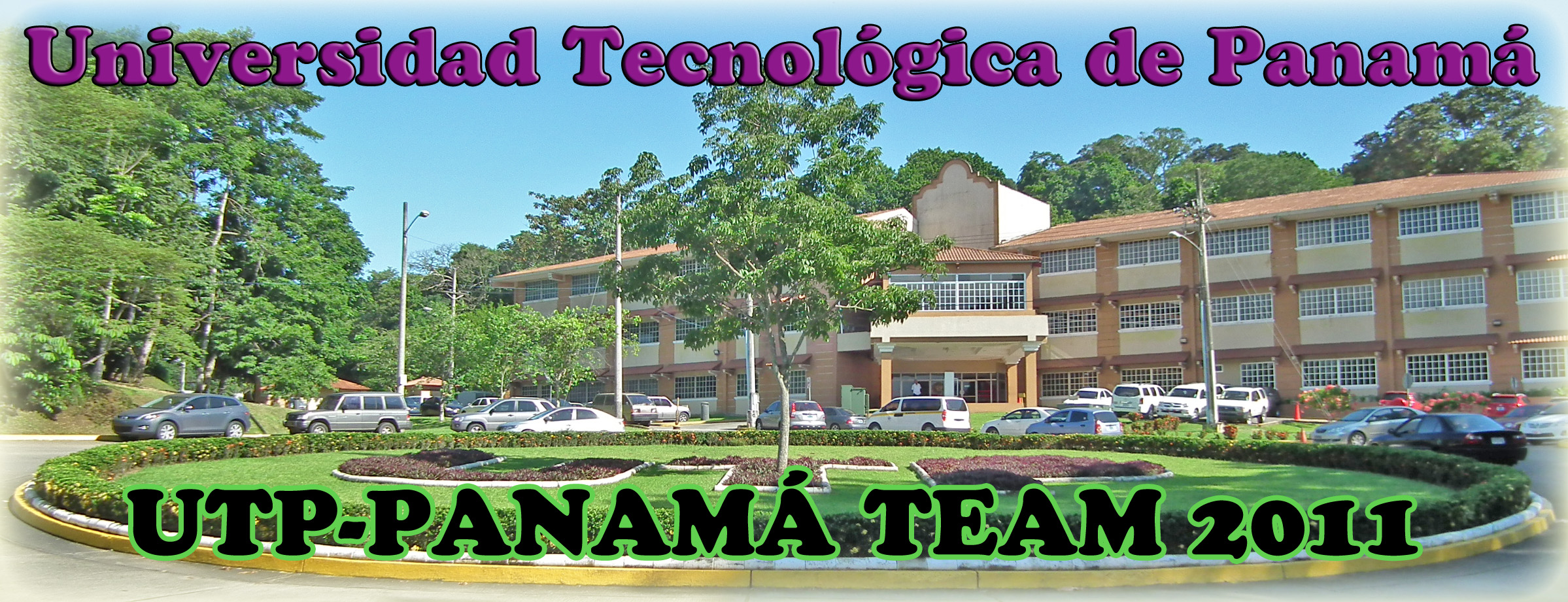Team:UTP-Panama/Human Practice
From 2011.igem.org
|
Home |
The Human PracticeThe human practices team is integrated by: Valery Díaz, Arturo Nieves, José Alejandro Ng, Fotis Stringos, Miguel Cárdenas , Lucia Palma(as advisor) and other members of the iGEM team interested to help the Human Practices area.
From the earliest stages of human evolution when homo sapiens hominids apart from the others hominids, the ability to create progresively better tools and most importantly ,the capability of transfer information between individuals has led the advancement of society. Since the tribes and clans, their ability to frame and transmit knowledge as science is one of the basic human capacities that have decided many scientific discoveries and social changes through human history. Every new revolution has to embrace the critic eye of the people. Similarly, our team thinks we should treat the introduction of synthetic biology to the society of our country as a factor in the equation that helps our country to rise gradually from the third world.
HUMAN PRACTICE PROJECTIntroductionBackgroundThe ProblemIn our role as iGEMers, we faced many issues to develop synthetic biology in our country. Some of them were:
1. Explain and introduce what is synthetic biology at all levels of society, emphasizing the engineers.
Our ProjectOur team's goal was to introduce and disseminate the issues and implications related to synthetic biology. To meet these objectives we developed three separate projects: I. OUTREACHOur first challenge was to train traditional engineers (not trained in life-science) in the field of synthetic biology, especially in traditional engineering applications. II. WHAT IS SB UTP 1.0?The UTP-Panama team developed a plan for introducing of the concepts of synthetic biology to the people who are not acquainted with the field of synthetic biology to the theoretical foundations, applications, and finally the social implications of this science. The program also introduces the iGEM competition. The great contribution of the program is to introduce users to the recommendations and ethical principles discussed in the PCSBI (Presidential Commission for the Study of Bioethical Issues), Human Practice Trust, and other reports as a reference to the ethical, legal and social issues.
III. WHAT IS SB UTP PROJECT 1.0?Some of the main questions that arise when teams are developing a synthetic biology project are: where to go (institutions)?; under what legal framework for both scientific research and commercial projects do we proceed?; what kind of ethical challenges can we find, and how to introduce these issues into the education system?.The UTP SB PROJECT 1.0 is aiming to set these questions to be asked and answered when developing a project related to synthetic biology. Our program also seeks to link the sources of information to help address these questions. UTP-Panama The team encourages other teams and other players in the field of synthetic biology to collaborate with the growth and improvement of our program to include other aspects and problems that we havent developed in this first initiative. |
 "
"

